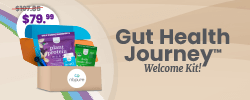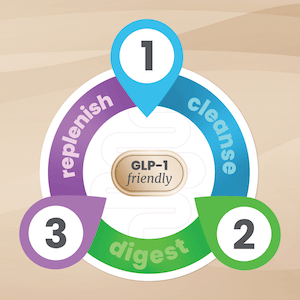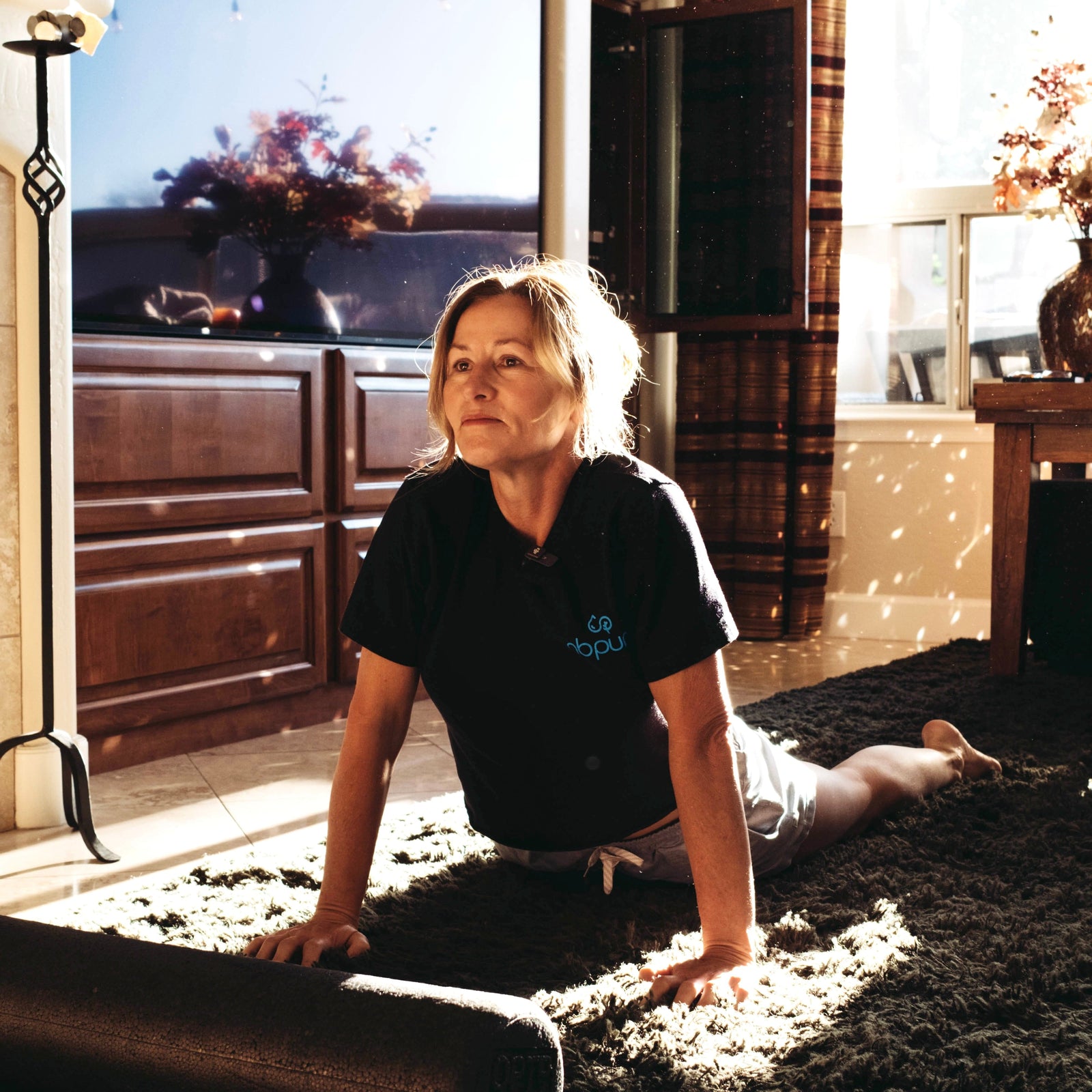Photo by Alina Vilchenko from Pexels
Written by Leah Johnston, RDN
There’s a rumor going around that eating healthy like fruits and vegetables, whole grains, and lean meats will help keep your heart healthy. On top of that, exercising daily will keep that heart beating strong. Truth be told, it’s not a rumor. It is well known that consuming nutritious foods on a daily basis and exercising will keep that ticker in tip top shape. But there’s more you can do to enhance your healthy lifestyle and protect your heart. With stress levels at a high across the globe, finding creative ways to reduce stress and keep yourself moving are key to treating your heart well. And the little daily efforts will have a long term effect.
- Laugh more - Maybe you’ve heard that laughter is the best medicine. Well, that may be true particularly when it comes to protecting your heart and there’s multiple studies to back it up. Laughing has a positive effect on reducing stress. With a reduction in stressors, so comes a decrease in the body’s internal reactions to stress. Laughter has been associated with a decrease in stress hormones, artery inflammation, and increased HDL cholesterol, also known as “good cholesterol.” An interesting 2005 study from researchers at the University of Maryland found laughter to be linked to blood vessel function when subjects watched clips from two movies, Saving Private Ryan and King Pin. They discovered that blood flow increased by an average of 22% while watching King Pin and decreased by an average of 35% during the Saving Private Ryan scene, during mental stress. So all that laughing means good news for your heart.
- Clean your house - It’s true that having a clean house might lower your stress levels, but it’s really all about the movement! If you aren’t a fan of sweating hard at the gym or doing virtual classes at home, or perhaps you are simply struggling to fit time for exercise into your busy schedule, cleaning is a way to get your body moving. Find moments throughout the process to stop and do a few stretches or throw in some extra squats here and there. It is well known that exercise is good for your heart. Studies have shown that being sedentary or sitting for long periods can have adverse effects on your cardiovascular health. If you are struggling to find other ways to exercise, incorporate more movement into something that you might already be doing.
- Get a pet (if you don’t already have one) - Pets tend to have a calming effect on their owners, lowering overall stress levels. Yes, sometimes pets may be the cause of stress, but several studies have shown a beneficial impact on cardiovascular markers, such as blood pressure, cholesterol and triglyceride levels. Other studies suggest that some dog owners experience reduced cardiovascular reactions when exposed to stressors. If you don’t want to take on the responsibility of a pet of your own, spend some time with a friend or family members’ pet. Pet therapy is also a real thing and may be available in your area.
- Brush and floss your teeth every day - Your gums may provide easy access to your bloodstream, which is why it is so important to keep your mouth clean. According to the Cleveland Clinic, several studies have demonstrated a link between periodontal disease and cardiovascular disease. While more research is still needed, bacteria in your mouth can easily move into the bloodstream. Some research has shown that this can cause an increase in a marker for inflammation known as C-reactive protein (CRP). When CRP is elevated so is the risk for heart disease. Taking care of your mouth is also taking care of your heart.
- Gratitude - Similar to laughter, gratitude can also act as medicine for your soul. Depression is linked to stress, weak immunity and even poor overall health - all things that are not good for the health of your heart. When our brains are wired to think about the negative, the effect of counteracting with positive thoughts can be mood-altering. Of course, this might take an active daily effort. At a minimum, allot five minutes at the end of the day to reflect and think about the little (and big) things that you were grateful for today. Take it to the next level by keeping a gratitude journal and jot down when you felt grateful.


















